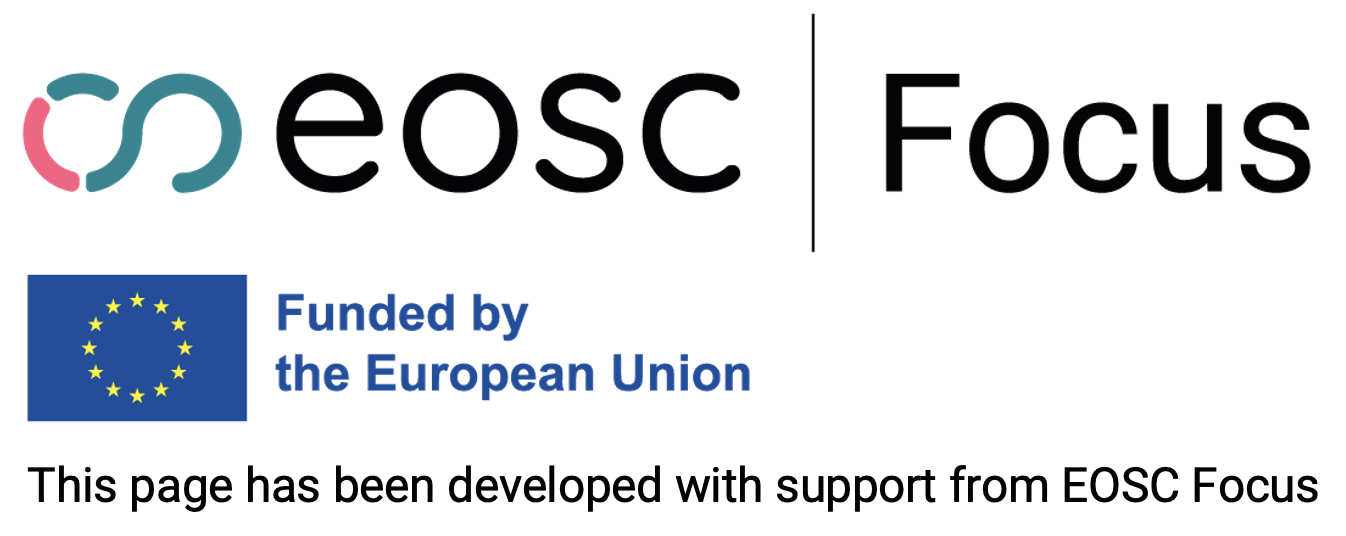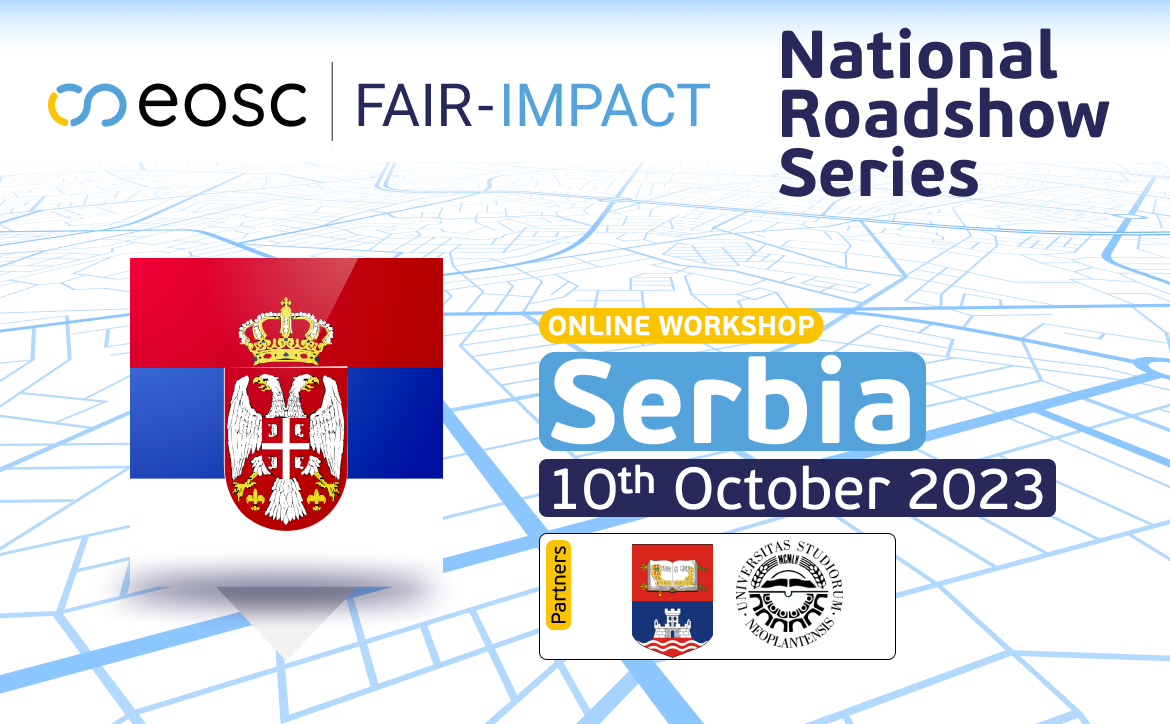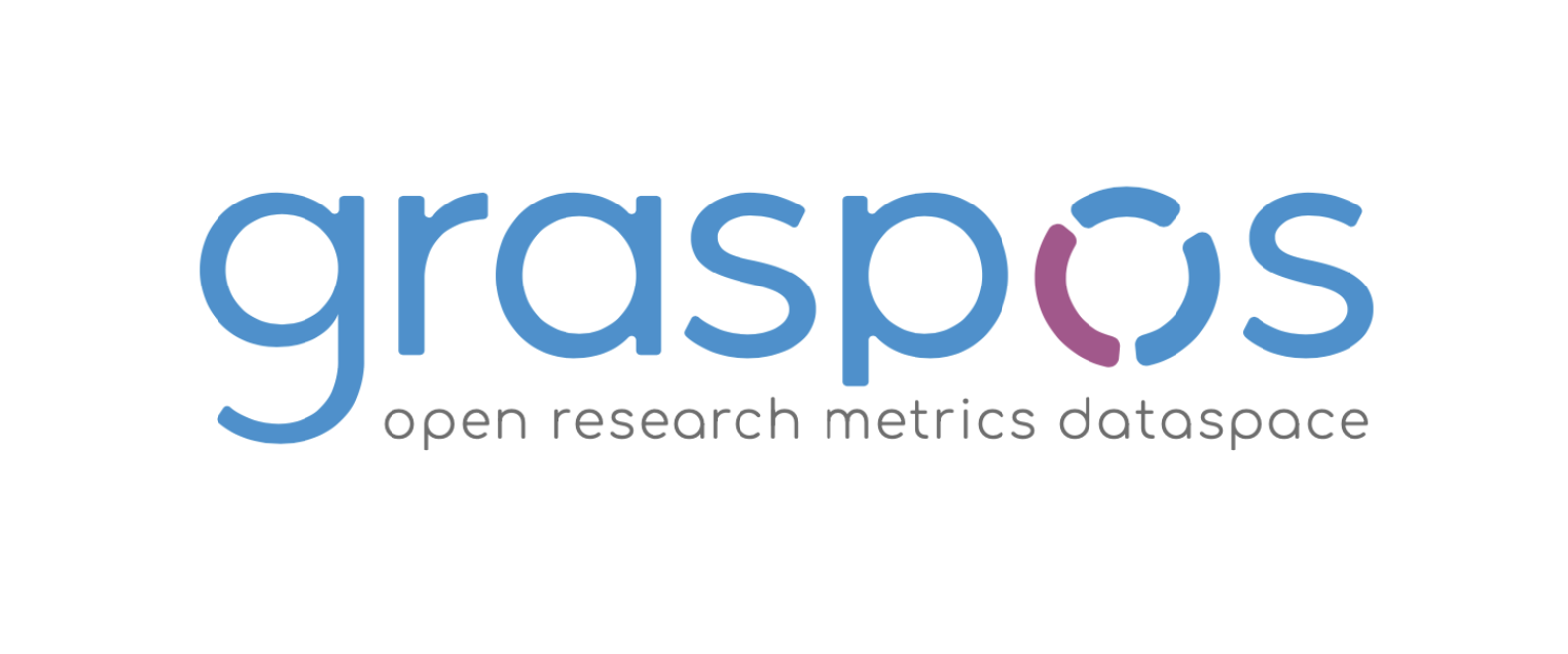
Serbia
Overview
EOSC Steering Board representatives
The ministry responsible for science partially funds open access infrastructure and provides financial support to individual journals. Serbia was one of the first countries in eastern Europe to adopt an open access publishing model. In 2003 the National Library Consortium in Serbia (KoBSON) was in its early years, with most of the work consisting of open access awareness raising and advocacy workshops promoting. These led to the launch of an Open Access journal portal at the National Library of Serbia in 2005. At present, the infrastructure for Open Access book publishing is still lacking but a significant number of scholarly monographs published by research institutions are available through repositories, over 400 journals and more than 12,000PhD theses are in open access.
Serbia started to follow the recommendations of the Berlin Declaration very early, so, for example, already on December 14, 2011, the University of Belgrade adopted a document approving the establishment of a repository of doctoral dissertations. Thus, since May 2012, it was possible to deposit doctoral dissertations in electronic form in the Fedra repository (PHAIDRA), within which the E-THESIS subsystem was soon developed for the Universities of Belgrade, Niš, Kragujevac and Pristina (Kosovska Mitrovica). Legal obstacles to placing works in open access were removed by the Amendment of the Law on Higher Education (2014). Then, in 2018, the then Ministry of Education, Science and Technological Development adopted the Platform for Open Science, and soon the University of Belgrade adopted its Platform at the Senate session on March 13, 2019.
On the basis of these documents (and even before that), a kind of repositorization began, both at the University of Belgrade and throughout Serbia and other scientific research organizations (https://umap.openstreetmap.fr/en/map/repositories-in-serbia_701341#9/44.5523/20.7532.), and the central library and information system of the Republic of Serbia, COBISS, installed an extension of its system – dCOBISS, for depositing documents. In this way, all members of the University of Belgrade got, in a way, access to the infrastructure for providing open access. Numerous projects, events, conferences and days dedicated to open science followed, and the eScience project – crowns this multi-year effort: https://enauka.gov.rs/?locale=en. Eighteen repositories from Serbia are onboarded to the regional NI4OS Service Catalogue, three are onboarded to the EOSC Marketplace as data sources and one is onboarded as a service. Apart from repositories, three research services are onboarded to the EOSC Marketplace.
Serbia has a national Open Science policy – Open Science Platform (2018), which mandates open access to all publicly funded research outputs and recommends open access to research data (https://open.ac.rs/images/doc/Open-Science-Policy-Serbia.pdf). There are also more than 20 institutional Open Science policies: https://open.ac.rs/index.php/politika.
The inclusion of Open Science in the Law on Science and Research (2019) reflects the awareness of the importance of European developments in the area of Open Science along with the readiness to integrate the local research community and infrastructure into the European context. In a country such as Serbia it is crucial to provide access to relevant services, but also to ensure that the local services follow commonly accepted standards and are interoperable with international infrastructures. The purpose of the national initiative is to implement Open Science principles in Serbia by coordinating policy and infrastructure development, as well as training, advocacy and collaboration in the area of Open Science. The national initiative should also prepare stakeholders to interact with the EOSC ecosystem.
In order to have an effective implementation of Open Science principles, the Ministry established the Team for Open Science in Serbia (TONuS) in January 2020. TONuS includes a broad group of experts in this such as decision-makers, researchers, librarians and research-support staff. Their main task is to identify and define all improvements, measures and regulations related to Open Science, and to ensure that they are implemented in the local research community as efficiently as possible. However, the due to frequent changes in the ministry, the group has been inactive for almost two years and its status is unclear.
Bottom-up initiatives in Serbia supporting the adoption of Open Science principles include the Open Science Community Serbia (since 2021), which is part of the International Network of Open Science & Scholarship Communities (INOSC), an informal community of research librarians and the community around the conference Application of Free Software and Open Hardware.
EOSC in Practice
Embracing the principles of transparency, reproducibility, and accessibility, these examples highlight the innovative approaches adopted by researchers across various disciplines. From open data sharing and collaborative platforms to pre-registration and open peer review, these practices enhance scientific integrity and contribute to the advancement of knowledge.
Policies
Serbia has a national Open Science policy – Open Science Platform (2018), which mandates open access to all publicly funded research outputs and recommends open access to research data (https://open.ac.rs/images/doc/Open-Science-Policy-Serbia.pdf).
There are more than 20 institutional Open Science policies: https://open.ac.rs/index.php/politika, which are aligned with the national policy.
A number of organizations have adopted a Policy for Open Access to Research Infrastructures. The purpose of the policy is to enable an open and transparent access to the service for a wide range of national public and civil society stakeholders and to define the scope of the service, roles and amongst others responsibilities in its implementation, procedures. It was developed with the support provided by the Regional Cooperation Council.
In accordance with the recommendations of the competent Ministry given in the Open Science Platform, all state universities, several scientific institutes and some private universities have adopted appropriate policies, platforms and regulations related to the application of open science principles.
In accordance with the announcement of the European Commission “Towards better access to scientific information: realizing greater benefits from public investments in research”, recommendations for storing, distributing and accessing scientific information are defined.
In September 2018, a group of national research funding institutions, with the support of the European Commission and the European Research Council, launched an initiative to ensure full and immediate open access to scientific publications from 2021.
A significant number of scientific research institutes in Serbia have recognized the need to make the results of their research more visible and accessible through various types of repositories and digital archives. Most of the repositories are based on the popular open source platform DSpace, but there are also examples of independently developed repositories for the specific needs of the institution.

Open Science Platform
Ministry of Education, Science and Technological Development of the Republic of Serbia (MESTD), adopted 2018, July, 14th Download nowEU Projects
Please find here the EOSC-related projects where members from this country are involved as partners.



















































